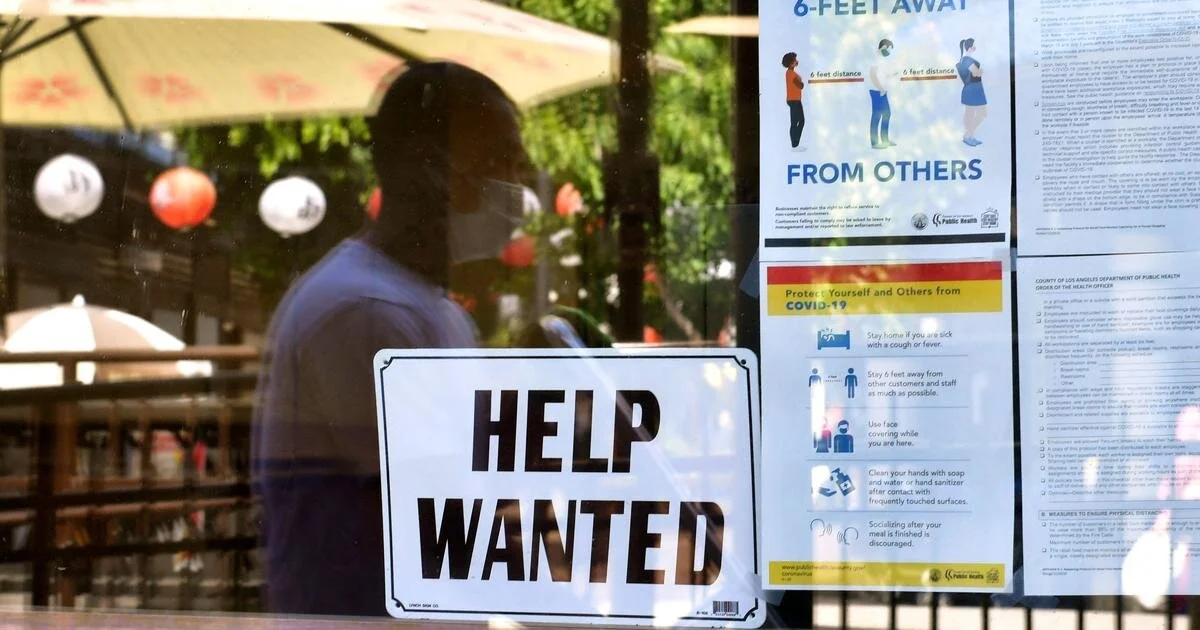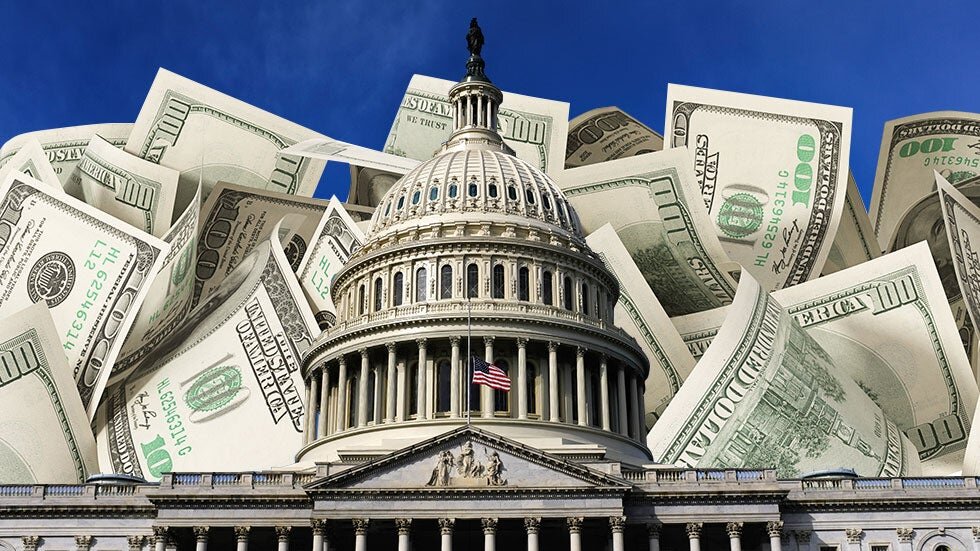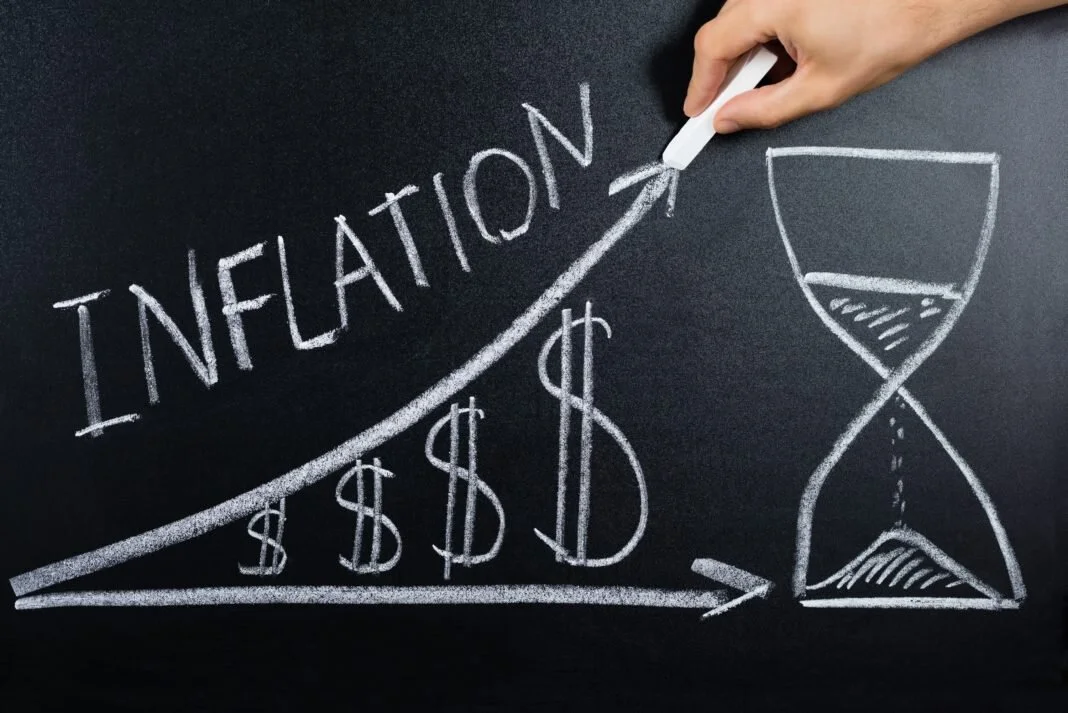The labor market remained somewhat anemic in September, with the economy adding 194,00 new positions, 300,000 fewer than expected.
Debt Ceiling Fight Risks Fiscal DEFCON 1
Like a recurring bad dream, the debt ceiling is back in the news. The periodic political spasm over increasing the amount of money that the government is authorized to borrow to meet its existing legal obligations is not new, but because it comes on the tail end of a global pandemic, it seems horribly ill-timed.
CBS Mornings: The Debt Ceiling
Secretary Janet Yellen estimates that the U.S. could default on October 18 if Congress doesn't act to raise the debt ceiling. I joined CBS Mornings to talk about the possible impacts on the economy.
Inflation Agitation
September Jobs Report Needs an Asterisk
Hurricanes Irma and Harvey blew across the labor market, as employers shed 33,000 jobs in September. Yes, it was the first negative reading on payrolls in seven years, but until we have the subsequent few months’ reports, it’s hard to read too much into the results. (As a note, Puerto Rico is NOT included in the BLS report.) The Labor Department said that the storms likely contributed to “a sharp employment decline in food services and drinking places (-105K) and below-trend growth in some other industries.”
What Could Go Wrong for Investors?
If you’ve been thinking that stock markets have been pretty quiet this year, you are right. Through the first seven months of the year, none of three major stock market indexes has fallen by more than 5 percent. And one gauge of market movement, the CBOE Volatility Index (VIX), which measures investors’ expectation of the ups and downs of the S&P 500 Index over the next month, recently dropped to its lowest level in 24 years. Low readings have tended to be equated with low anxiety and high stock prices. Amid this environment, you might be wondering what could go wrong? There are a number of risks to the US and global markets that persist. Their existence does not mean that long-term investors should change their game plans, but they are a reminder to guard against complacency and to always approach investing with caution.
3 Economic Risks
During her Congressional testimony, Fed Chair Janet Yellen painted a fairly bright picture of the US economy, stressing a rebound in consumer spending, which should allow the central bank to gradually raise short-term interest rates over the next few years. Investors were heartened to hear that message and drove stocks higher, with the Dow closing at a new all-time high after Yellen’s first day of testimony. What could undo this rosy picture? There are a number of risks to the US and global markets that persist, though three rise to the top of the list. Their existence does not mean that long-term investors should change their game plans, but they are a reminder to guard against complacency and to always approach investing with caution.
Will Weak Jobs Put Rate Hikes at Risk?
With the labor market slowing down, will the Federal Reserve raise interest rates at its next policy meeting in two weeks? That was the big question after the Labor Department reported that the economy added a disappointing 138,000 jobs in May, worse than the 185,000 analysts had expected. Additionally, the previous two months were revised lower by 66,000, putting the three month average at just 121,000. In the first five months of 2017, the economy has seen average monthly job creation of 162,000, down from 189,000 in 2016, and 226,000 in 2015.
Strong Feb Jobs Means Fed Rate Hike
Get ready for a Fed interest rate hike this week. The February jobs report showed that the US economy added a larger than expected 235,000 jobs, the unemployment rate edged down to 4.7 percent and annual wage growth bounced back from a revised 2.6 percent in January to 2.8 percent, ahead of the 2.7 percent average seen in the second half of last year. The increase in wages demonstrates that the labor market is tightening and that state-level minimum wage hikes are filtering through the economy.
Trump’s Next Shake Up: The Fed
Get ready for the Trump administration’s next shakeup…the Federal Reserve. As Fed Chair Janet Yellen heads into her semi-annual testimony before Congress this week, she knows the score--this is probably the penultimate appearance at what is likely to be a historically short term for a Fed Chair. Yellen’s term as Chair expires in February 2018 and during the campaign, candidate Trump said that he would “most likely” replace her, because “She is not a Republican."
![Jill on Money [ Archive]](http://images.squarespace-cdn.com/content/v1/59efbd48d7bdce7ee2a7d0c4/1510342916024-TI455WZNZ88VUH2XYCA6/JOM+Blue+and+White.png?format=1500w)








